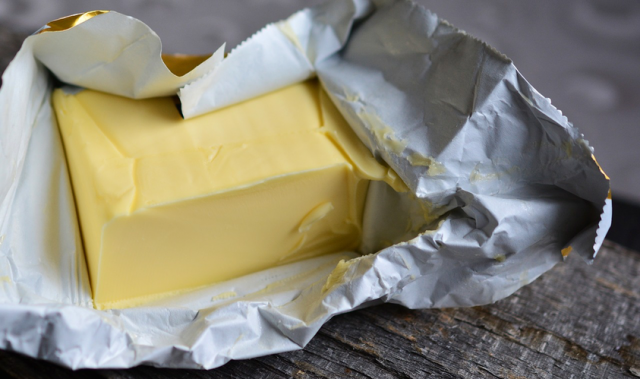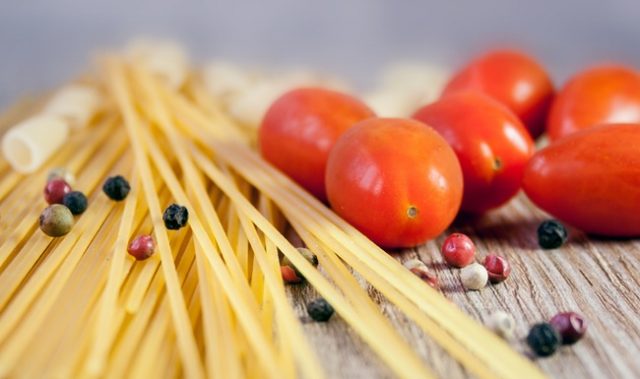
AsianScientist (Jun. 26, 2015) – Scientists from Chang Gung University in Taiwan have discovered that feeding Lingzhi extract to mice given a high-fat diet helps to reduce body weight and fat accumulation. Their results, published in Nature Communications, suggest that Lingzhi might be helpful in reducing the impact of being overweight, a condition experienced by 1.4 billion individuals worldwide.
Lingzhi is a medicinal mushroom that has over 2,000 years of history as a natural health supplement in the oriental world. Recent scientific research had showed that Lingzhi controls blood glucose levels in humans and has anti-diabetic properties.
“Given that diabetes is also associated with problems in lipid metabolism and energy regulation, we wondered whether Lingzhi could also affect these biological pathways,” corresponding author Dr. John Young told Asian Scientist Magazine.
To address this question, the authors gave mice which were fed a high-fat diet Lingzhi extract. They found that the polysaccharide fraction of Lingzhi extract acts as a prebiotic agent that alters the gut microbiota of the animals.
“We observed that the polysaccharides isolated from Lingzhi influence the composition of the gut microbiota and produce a microbiota that is similar to that of lean animals. The major part of the anti-obesity effects of Lingzhi appears to be due to this modulating effect on the gut microbiota,” explained Professor Lai Hsin-Chih, another corresponding author of this study.
In addition to its prebiotics effects, it appears that Lingzhi also promotes the integrity of junctions between intestinal cells. Mice that were fed a chronic high-fat diet showed a gradual disruption to these junctions. This leads to pro-inflammatory compounds like lipopolysaccharides from Gram-negative bacteria to enter the bloodstream, producing inflammation and insulin resistance.
By maintaining the integrity of intestinal junctions, Lingzhi prevented inflammation and disturbance of pathways that lead to weight gain. The authors suggest that lowered inflammation also contributes to the anti-obesity effects observed in the study.
Interestingly, they observed that exposure of obese mice to fecal material from treated mice reproduced the beneficial effects caused by eating Lingzhi extract itself. The mode of action is similar to the effects of probiotics, where there is a repopulating of the gut with a community of microorganisms that possesses beneficial properties, such as anti-obesity, anti-diabetic and anti-inflammatory activities observed in this study.
Such observation is not an isolated case. Introduction of ‘good’ bacterial strains into the gut has also been reported to alleviate inflammation and allergy responses in mouse models by another study in 2013.
Given the good safety profile of Lingzhi and the fact that it has a similar composition to other edible mushrooms, Young notes that Lingzhi could potentially be a convenient way to lose weight when used alongside other interventions such as dieting and exercise.
However, he cautions that systematic clinical studies have not yet been performed to confirm Lingzhi’s anti-obesity effects in humans. Translational studies to confirm this finding in overweight humans would provide a critical link to push this research forward, Young said.
The article can be found at: Chang et al. (2015) Ganoderma lucidum Reduces Obesity In Mice By Modulating The Composition Of The Gut Microbiota.
———
Copyright: Asian Scientist Magazine; Photo: Shutterstock.
Disclaimer: This article does not necessarily reflect the views of AsianScientist or its staff.












